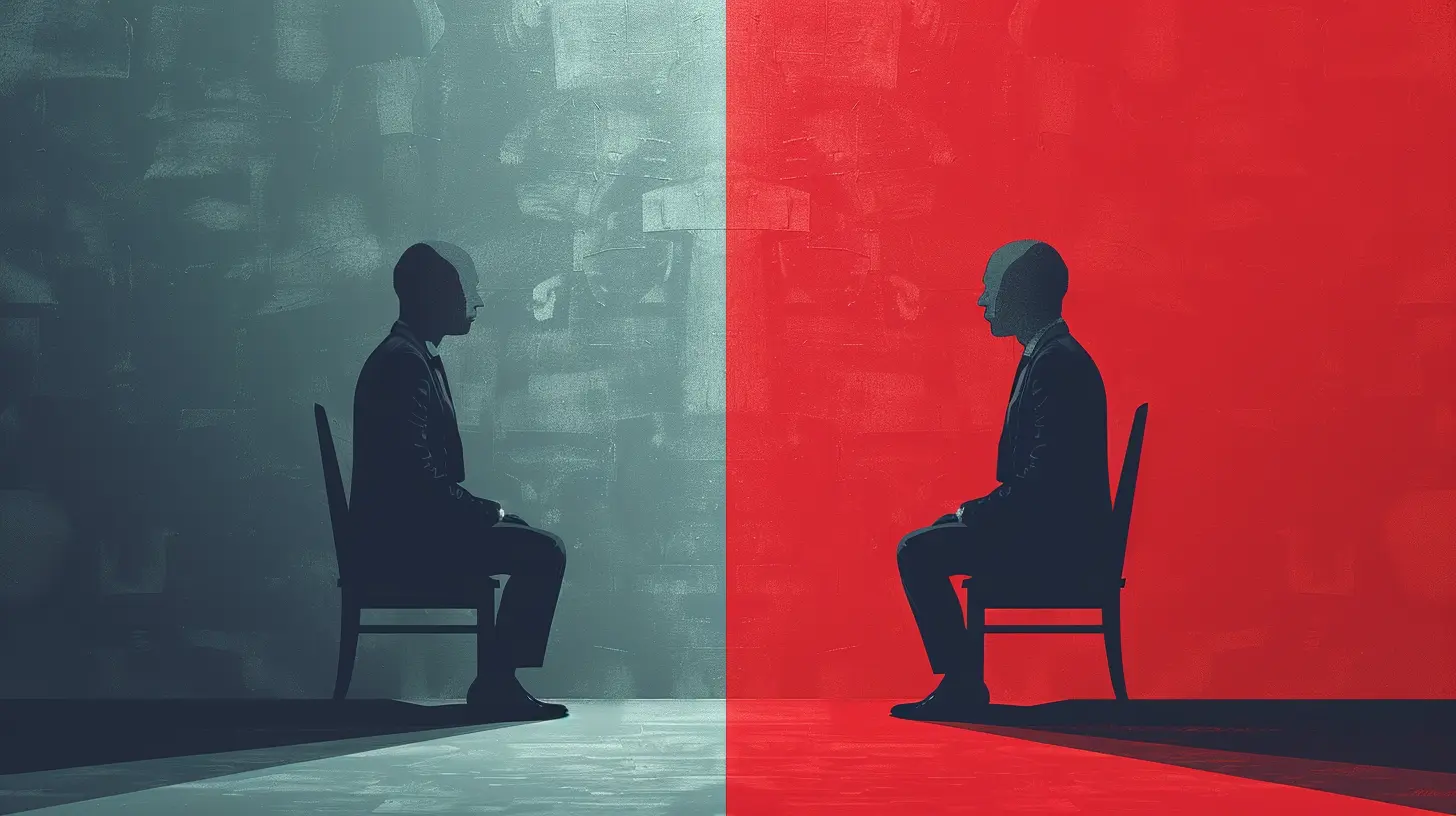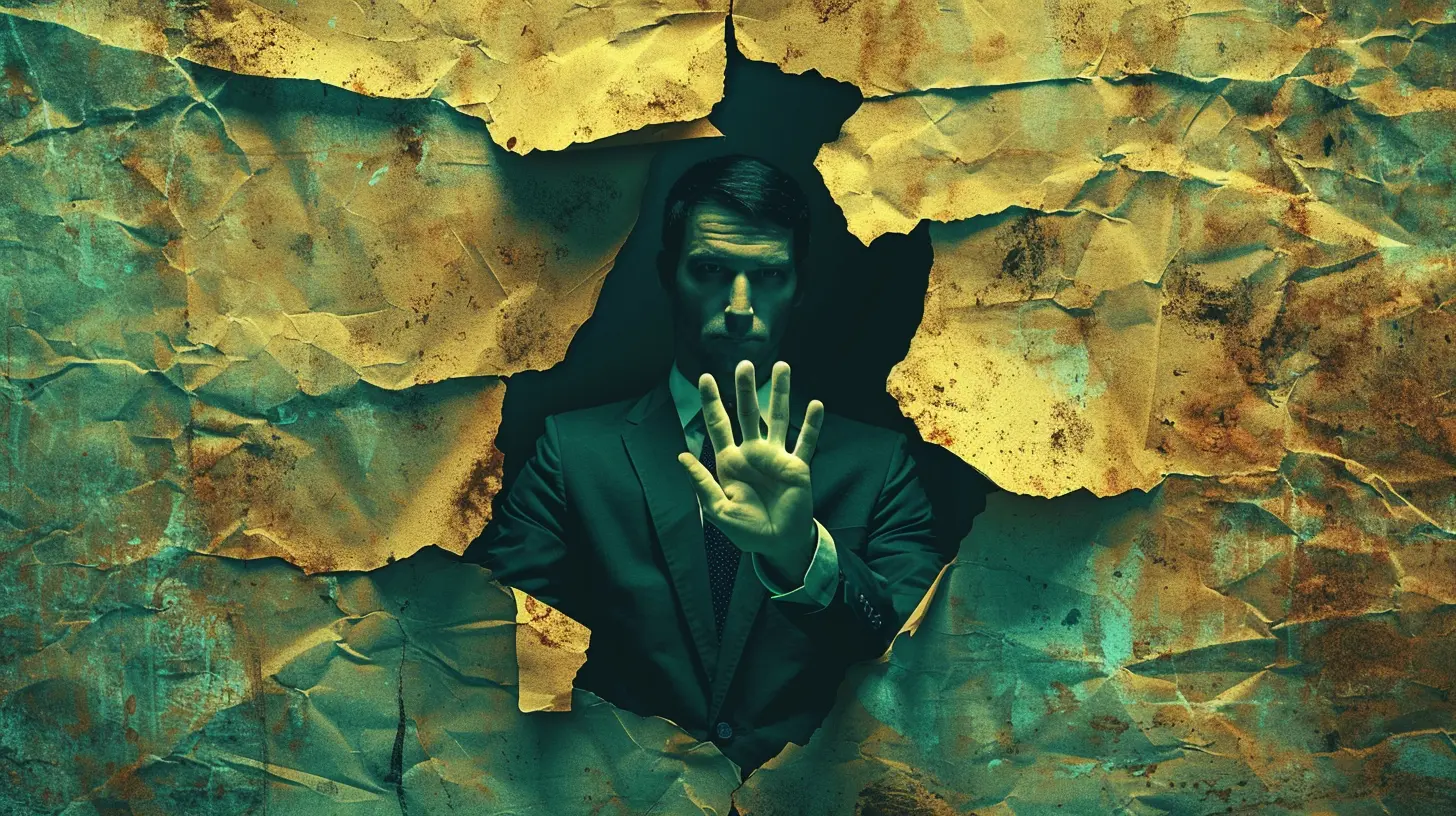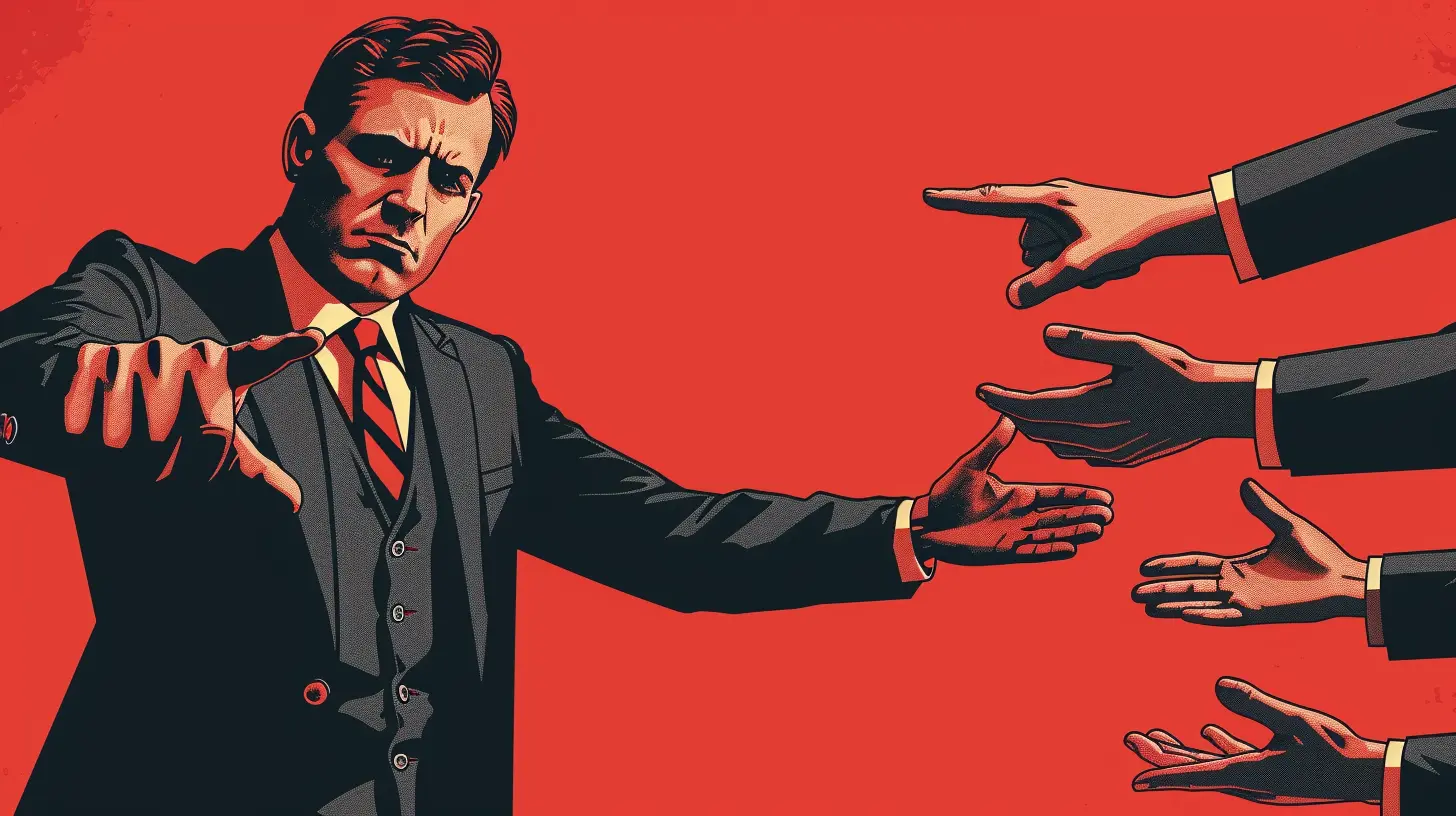Handling Workplace Rejection: A Psychological Perspective
3 September 2025
Let’s be honest—rejection stings. Whether it's missing out on a promotion, not getting approval on a project you poured your heart into, or being left out of an important meeting, rejection at work hits differently. It doesn't just bruise your ego; it can shake up your confidence, motivation, and even your sense of identity.
And while most people will tell you, “Don’t take it personally,” that’s far easier said than done.
In this article, we're going to peel back the layers of workplace rejection from a psychological point of view. We’re not just going to talk about how it affects you—we’re going to help you understand why it feels that way and give you actionable ways to handle it like a boss (even when you don’t feel like one).
What Is Workplace Rejection, Really?
Before we dive deep, let’s define what we’re working with.Workplace rejection isn’t just about getting turned down for a promotion. It can come in all shapes and sizes:
- Not being chosen for a project
- Receiving critical feedback instead of praise
- Being excluded from decisions or meetings
- Having your ideas shot down
- Being laid off or let go
Basically, anything that triggers that sinking “I’m not good enough” feeling could be classified as rejection. And yep, no matter how successful or seasoned you are, it still stings.
Why Workplace Rejection Hurts So Much
Alright, here’s where the psychology kicks in. Ever wonder why getting rejected at work feels like a gut punch? It all links back to our brain’s wiring.1. Evolution Never Left the Chat
Our ancestors survived by sticking with their tribe. Rejection back then could literally mean being left alone to face wild animals—yikes. So, our brains evolved to treat rejection as a serious threat.Even though we’re dealing with emails and office politics today, not sabertooth tigers, our brains still react as though rejection threatens our survival. Your brain may flood your system with stress hormones like cortisol, which explains why you feel shaky, anxious, or even physically sick.
2. It Messes With Your Self-Concept
We all carry around a mental picture of ourselves—how capable, likable, or valuable we are. Rejection smudges that picture. Suddenly you’re second-guessing your talents, decisions, and worth. That can spiral into impostor syndrome or worse, a dip in self-esteem.3. Fear of Judgment
Let’s admit it: A big part of the pain is the idea that others might see us as failures. We’re social creatures, and approval from peers is like psychological currency. Rejection puts that approval in jeopardy, and that can feel downright crushing.
Common Reactions to Workplace Rejection
Okay, so you’ve been rejected. Maybe you didn’t get the role you applied for or your pitch crashed and burned. What now?People react in different ways, but here are some of the most common psychological responses:
- Withdrawal: You might become quiet, avoid meetings, or stop volunteering for tasks.
- Overcompensation: Some go the other route and work twice as hard to prove their worth.
- Blame-shifting: It’s the boss’s fault, the coworker’s fault, the company’s fault—anyone but you.
- Self-criticism: You replay the rejection over and over, nitpicking everything you could’ve done differently.
None of these reactions make you weak. They make you human. The key is to recognize them and not let them define what you do next.
So, How Do You Handle Workplace Rejection Psychologically?
This is where things get juicy—actionable, real-world strategies based on psychological principles. These aren’t magic fixes, but they’re tools to help you process rejection in a healthy, even empowering, way.1. Give Yourself Time to Feel It
First off, don't bottle it up. You don’t have to pretend it didn’t hurt. Let yourself feel whatever comes up—disappointment, sadness, frustration, even anger.Denial? That just delays the healing. Journaling, venting to a trusted friend, or taking a long walk to think things through can all help you process emotionally.
2. Reframe the Experience
Cognitive reframing is a powerful psychological tool. Instead of looking at rejection as a failure, try flipping the script.Ask yourself:
- What did I learn from this?
- What can I do differently next time?
- What strengths did I show, even if the outcome didn’t go my way?
This isn’t about sugarcoating—it’s about pulling meaning from the experience, which helps reduce its emotional sting.
3. Check Your Inner Critic
Your inner voice has a lot of power. After rejection, that voice might get real nasty: “You’re not good enough.” “You’re a fraud.” “They’ll never take you seriously.”When that happens, it’s time to challenge the critic. Ask:
- Would I say this to a friend who went through the same thing?
- What evidence do I have that I’m not capable?
Sometimes, that inner critic just needs a reality check.
4. Seek Constructive Feedback
It’s tempting to hide after rejection, but if you’re up for it, asking for feedback can be incredibly valuable. Not only does it give you clarity on what happened, but it also shows emotional intelligence and growth mindset—qualities employers value deeply.Just remember: Not all feedback is created equal. Look for patterns, not one-off opinions.
5. Practice Self-Compassion
Dr. Kristin Neff, a pioneering researcher in self-compassion, suggests treating yourself the way you’d treat a close friend in crisis. That means:- Being kind to yourself
- Recognizing rejection is a shared human experience
- Keeping your emotions in perspective
You’re not broken—you’re just going through something hard. And that’s okay.
6. Build Psychological Resilience
Think of emotional resilience like a muscle. The more you work it, the stronger it gets. You don't become immune to rejection, but you bounce back quicker.Try:
- Mindfulness or meditation to stay grounded
- Regular exercise to manage stress hormones
- Talking to a therapist if rejection is triggering deeper issues
Remember, rejection doesn’t shrink your value—it reveals where your next level of growth lies.
Turning Rejection Into Motivation
Here’s some good news: workplace rejection can actually catapult you forward. Sounds backwards, I know—but think of it like the gym. No muscle grows without resistance.Let rejection become your resistance. Use it to:
- Refocus your goals
- Improve your strategies
- Strengthen your work ethic
- Reinforce your belief in your long-term vision
Many successful people—Oprah, J.K. Rowling, Steve Jobs—faced major rejections that could’ve derailed them. Instead, they used those setbacks as stepping stones.
So can you.
When Rejection Is a Red Flag
Now, a quick note of caution. Not all rejection is healthy or fair.If you’re repeatedly being passed over, ignored, or dismissed despite solid performance, it could point to deeper issues like:
- Workplace bias or discrimination
- Poor management
- Toxic culture
In these cases, it’s not about “toughening up.” It might be about re-evaluating if the environment aligns with your values and goals. Your mental health matters more than any title or paycheck.
Supporting Others Through Workplace Rejection
If you’re a leader or colleague, you have the power to shift the culture around rejection. Instead of brushing it off or giving hollow encouragement, try:- Acknowledging the person’s effort
- Offering balanced, honest feedback
- Encouraging reflection and learning
- Reminding them of their strengths and contributions
A little empathy goes a long way in building a workplace where people feel safe taking risks.
Final Thoughts
Handling workplace rejection isn’t about toughing it out or growing a thicker skin—it’s about understanding your emotions, reshaping your mindset, and using the experience to drive your growth.Rejection doesn’t get the final say. You do.
So the next time you hear “no” or feel left out, take a breath. Feel the burn, but don’t let it break you. Then, stand back up—wiser, stronger, and more unstoppable than before.
Because here's the truth: Rejection isn’t the end of your story—it’s just a plot twist.
all images in this post were generated using AI tools
Category:
Workplace PsychologyAuthor:

Ember Forbes
Discussion
rate this article
1 comments
Pierce McInnes
Workplace rejection can be a catalyst for growth and resilience in individuals.
October 10, 2025 at 3:33 AM

Ember Forbes
Thank you for your insightful comment! Indeed, workplace rejection can serve as a powerful opportunity for personal growth and resilience. Embracing these challenges can lead to valuable life lessons and stronger professional skills.


